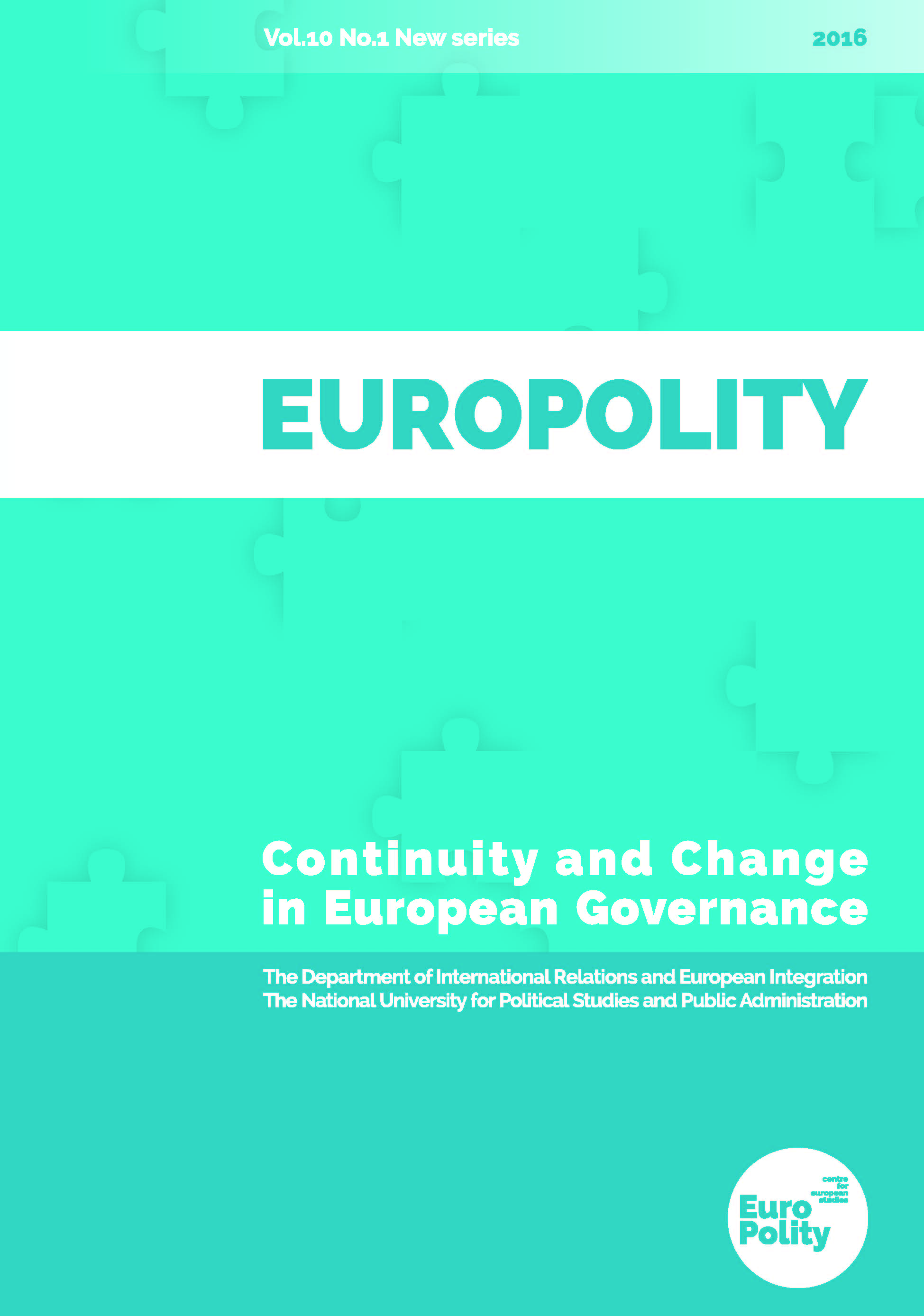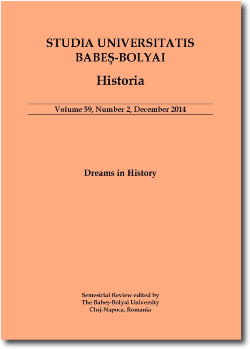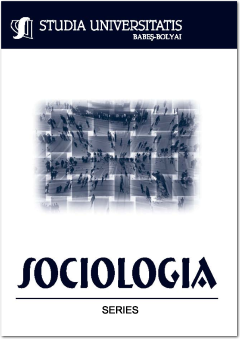
THE EU “COSTS” OF THE REFUGEE CRISIS
THE EU “COSTS” OF THE REFUGEE CRISIS
Keywords: Cohesion issues; European Union; Measures; Refugee crisis; Summit; Syrian civil war
Considered by some to be an instrument used by the Russian Federation against the US policies and strategies, the current refugee crisis is a social and political phenomenon, caused by the emergence of the conflicts from North Africa and the Middle East, and has been one of the most important issues of 2015. Although the entire process dates back to 2011, when the Syrian civil war started, its effects and consequences were felt in Europe with the beginning of the last year, when almost 400000 people risked their lives to leave their countries and go to Europe, in search of a safe and secure environment. Due to the fact that EU member states have positioned themselves differently towards this problem, the European Union is now regarded as an international organization that could not handle this kind of issue, failing to provide efficient solutions. The migrant issue has been addressed to at six summits to the date, where the EU leaders tried to find proper measures to adopt, although these proved to be either inadequate or slow. Thus, this paper aims to explain how the refugee crisis has affected the cohesion of the EU, presenting the way the Union has managed the migrant flux. In the end, the 2015 brought one single question concerning this issue: will the refugee crisis cause the break-up of the European UnionConsidered by some to be an instrument used by the Russian Federation against the US policies and strategies, the current refugee crisis is a social and political phenomenon, caused by the emergence of the conflicts from North Africa and the Middle East, and has been one of the most important issues of 2015. Although the entire process dates back to 2011, when the Syrian civil war started, its effects and consequences were felt in Europe with the beginning of the last year, when almost 400000 people risked their lives to leave their countries and go to Europe, in search of a safe and secure environment. Due to the fact that EU member states have positioned themselves differently towards this problem, the European Union is now regarded as an international organization that could not handle this kind of issue, failing to provide efficient solutions. The migrant issue has been addressed to at six summits to the date, where the EU leaders tried to find proper measures to adopt, although these proved to be either inadequate or slow. Thus, this paper aims to explain how the refugee crisis has affected the cohesion of the EU, presenting the way the Union has managed the migrant flux. In the end, the 2015 brought one single question concerning this issue: will the refugee crisis cause the break-up of the European Union?
More...


